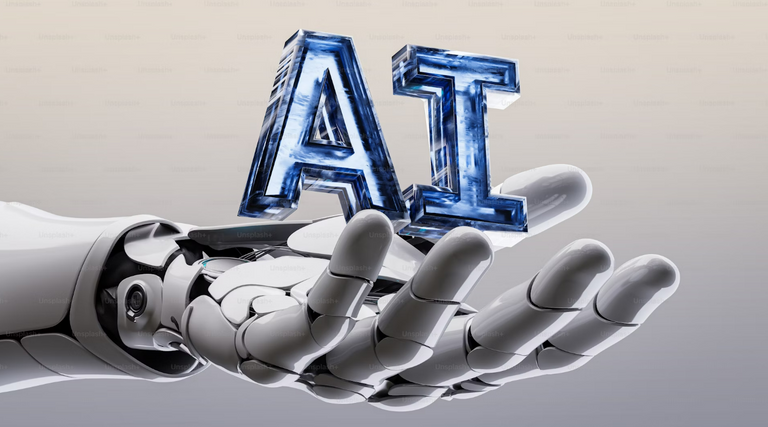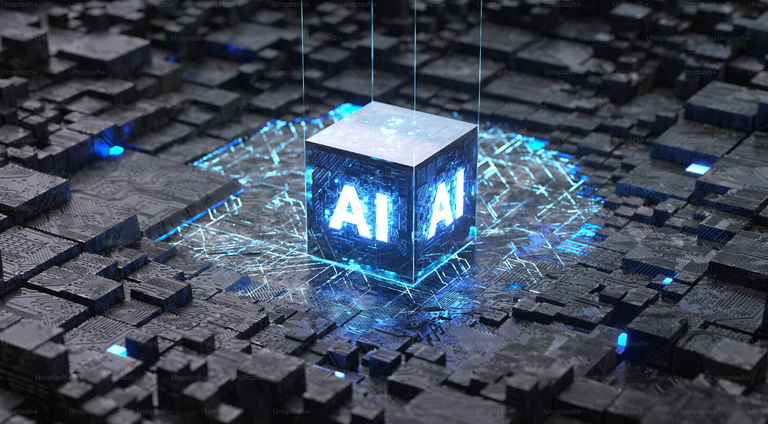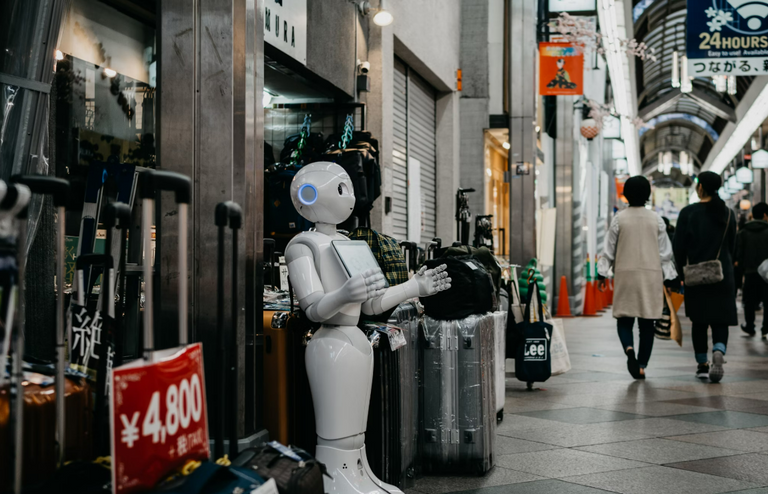Artificial Intelligence (AI) is no longer just a concept from science fiction movies; it has seamlessly integrated into our daily lives, transforming the way we work, communicate, and interact with technology. This post dives deep into how AI is shaping the modern world and its impact on various aspects of life.
What is Artificial Intelligence?
Artificial Intelligence refers to the simulation of human intelligence in machines that are programmed to think, learn, and make decisions. AI is powered by algorithms, neural networks, and large datasets, allowing it to perform tasks such as speech recognition, decision-making, and problem-solving with remarkable accuracy.
Applications of AI in Everyday Life
Smart Assistants
- Devices like Amazon Alexa, Google Assistant, and Apple’s Siri have become staples in homes worldwide. These AI-powered assistants help us set reminders, play music, control smart home devices, and even order groceries.
- Voice recognition and natural language processing (NLP) enable these assistants to understand and respond to commands in multiple languages.
Personalized Recommendations
- Streaming platforms like Netflix and Spotify use AI algorithms to analyze viewing and listening habits. This helps them suggest content tailored to individual preferences, making entertainment more engaging.
- E-commerce giants like Amazon also use recommendation engines to predict products you’re likely to purchase based on browsing history.
Healthcare
- AI is revolutionizing healthcare by aiding in diagnostics, drug discovery, and patient care. Tools like IBM Watson can analyze medical records to provide personalized treatment recommendations.
- Wearable devices such as Fitbits and smartwatches monitor vital signs, using AI to detect irregularities and prevent potential health issues.
Transportation
- Self-driving cars, powered by AI, are becoming a reality with companies like Tesla, Waymo, and Uber leading the way. These vehicles rely on sensors, machine learning, and real-time data to navigate roads safely.
- Ride-hailing apps like Uber and Lyft use AI for dynamic pricing, route optimization, and efficient driver-passenger matching.
Customer Service
- Chatbots and virtual agents are transforming customer service. AI-powered bots like ChatGPT can handle inquiries, resolve issues, and even provide personalized assistance, reducing wait times and improving efficiency.
Education
- AI is making education more accessible through platforms like Duolingo, which uses adaptive learning to teach languages.
- AI-driven tools like Grammarly help students improve writing skills, while virtual tutors provide personalized learning experiences.

The Benefits of AI
- Efficiency: Automating repetitive tasks saves time and resources.
- Accuracy: AI minimizes errors in tasks such as data entry and diagnostics.
- Personalization: Tailored experiences enhance user satisfaction.
- Accessibility: AI-powered tools assist individuals with disabilities, like screen readers for the visually impaired.
Challenges of AI Adoption
- Privacy Concerns: With AI relying on vast amounts of data, concerns about data security and privacy have risen.
- Job Displacement: Automation threatens to replace jobs in industries like manufacturing and customer service.
- Ethical Issues: Bias in AI algorithms can lead to unfair outcomes, highlighting the need for ethical AI practices.
The Future of AI
The potential of AI is limitless. In the coming years, we can expect further advancements in areas like:
- AI-Powered Healthcare: From robotic surgeries to predictive analytics for disease outbreaks.
- Smart Cities: AI will optimize traffic management, energy usage, and public services.
- Augmented Creativity: AI will enhance art, music, and storytelling by collaborating with human creators.
Conclusion
Artificial Intelligence is reshaping the way we live, offering unparalleled convenience and innovation. While challenges remain, the benefits of AI far outweigh its drawbacks, making it a powerful tool for creating a smarter, more connected world. As AI continues to evolve, embracing its potential responsibly will ensure a brighter future for all.


